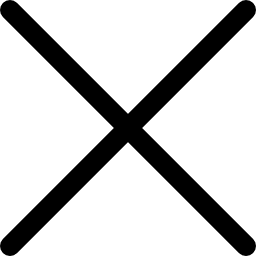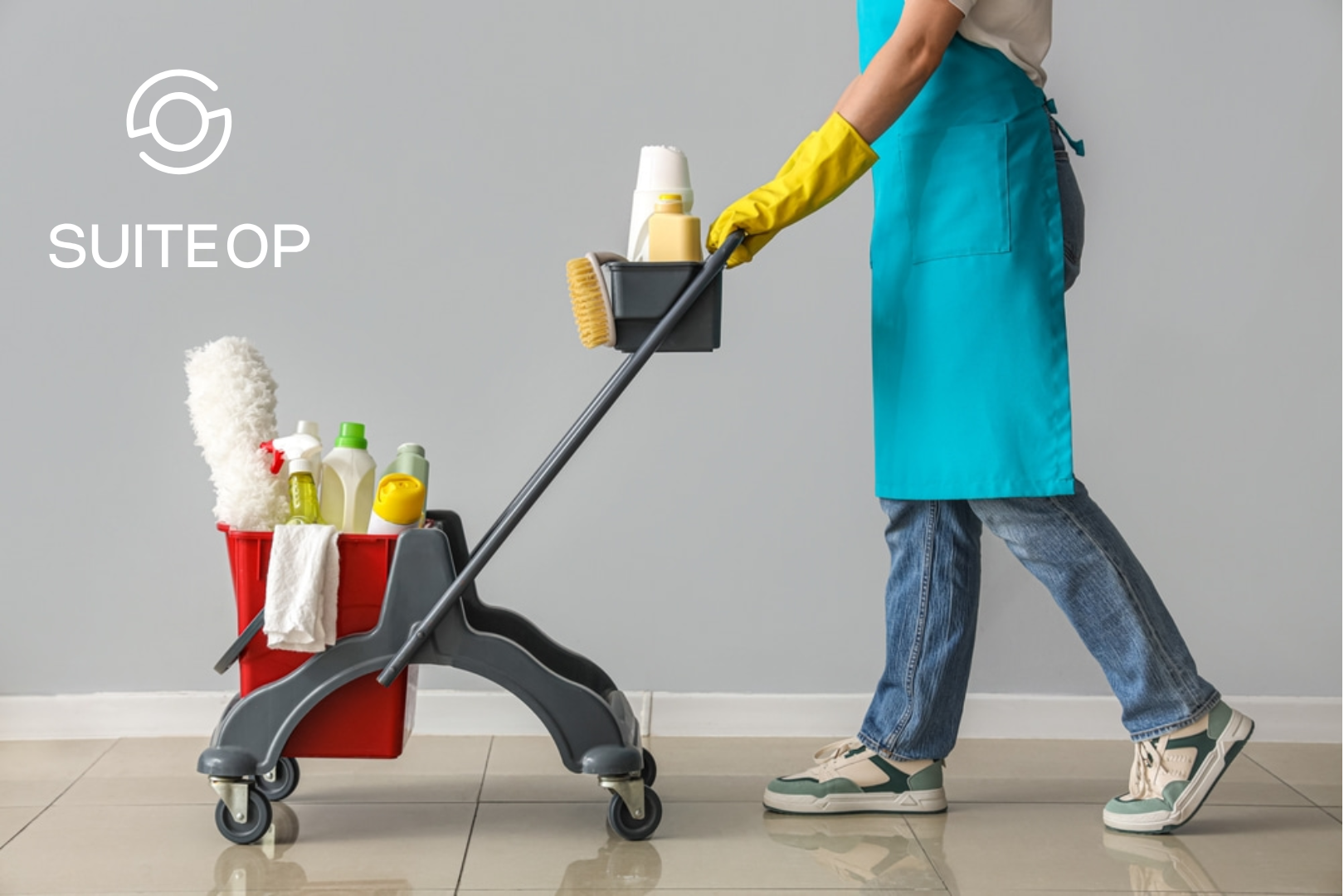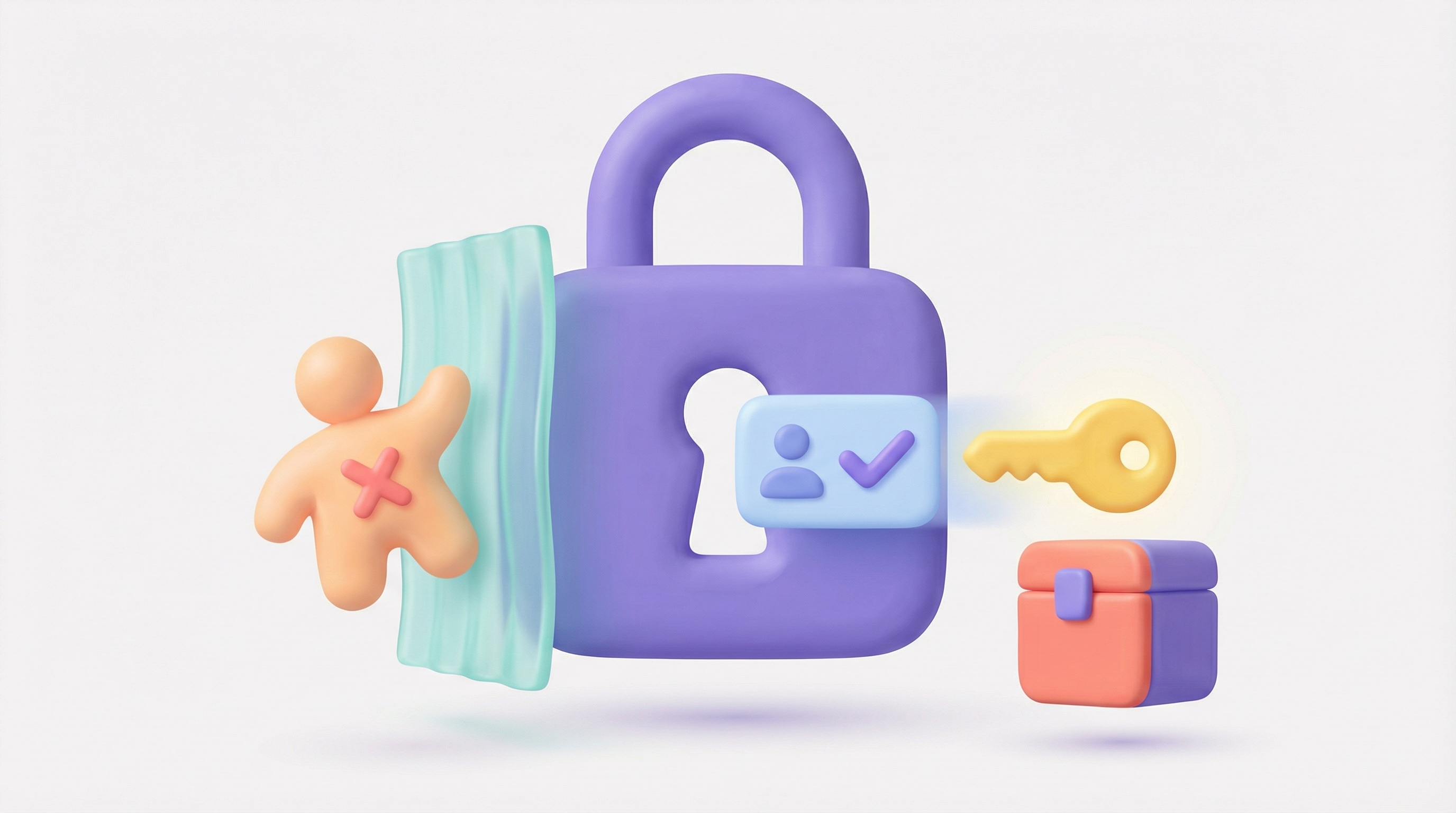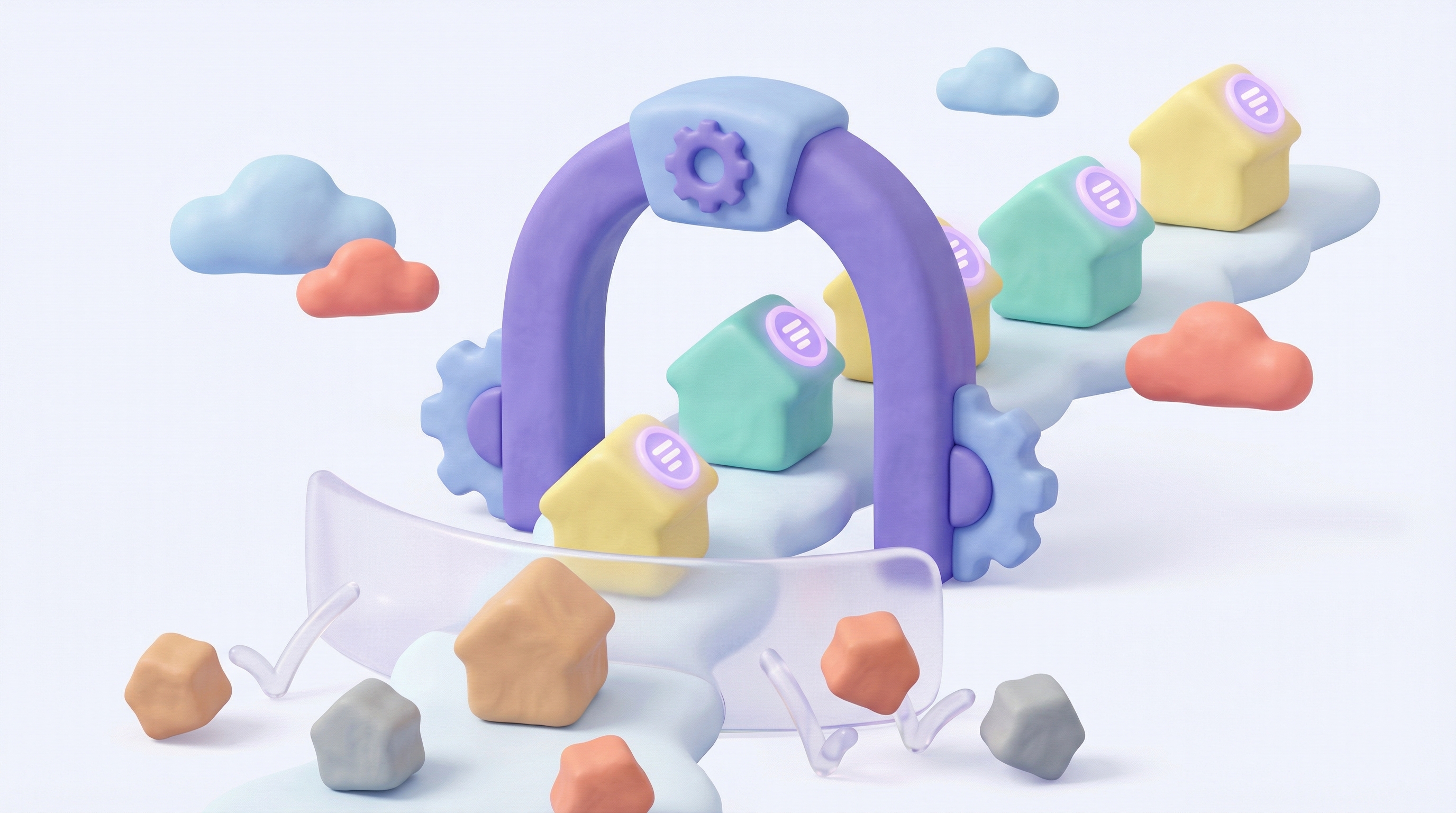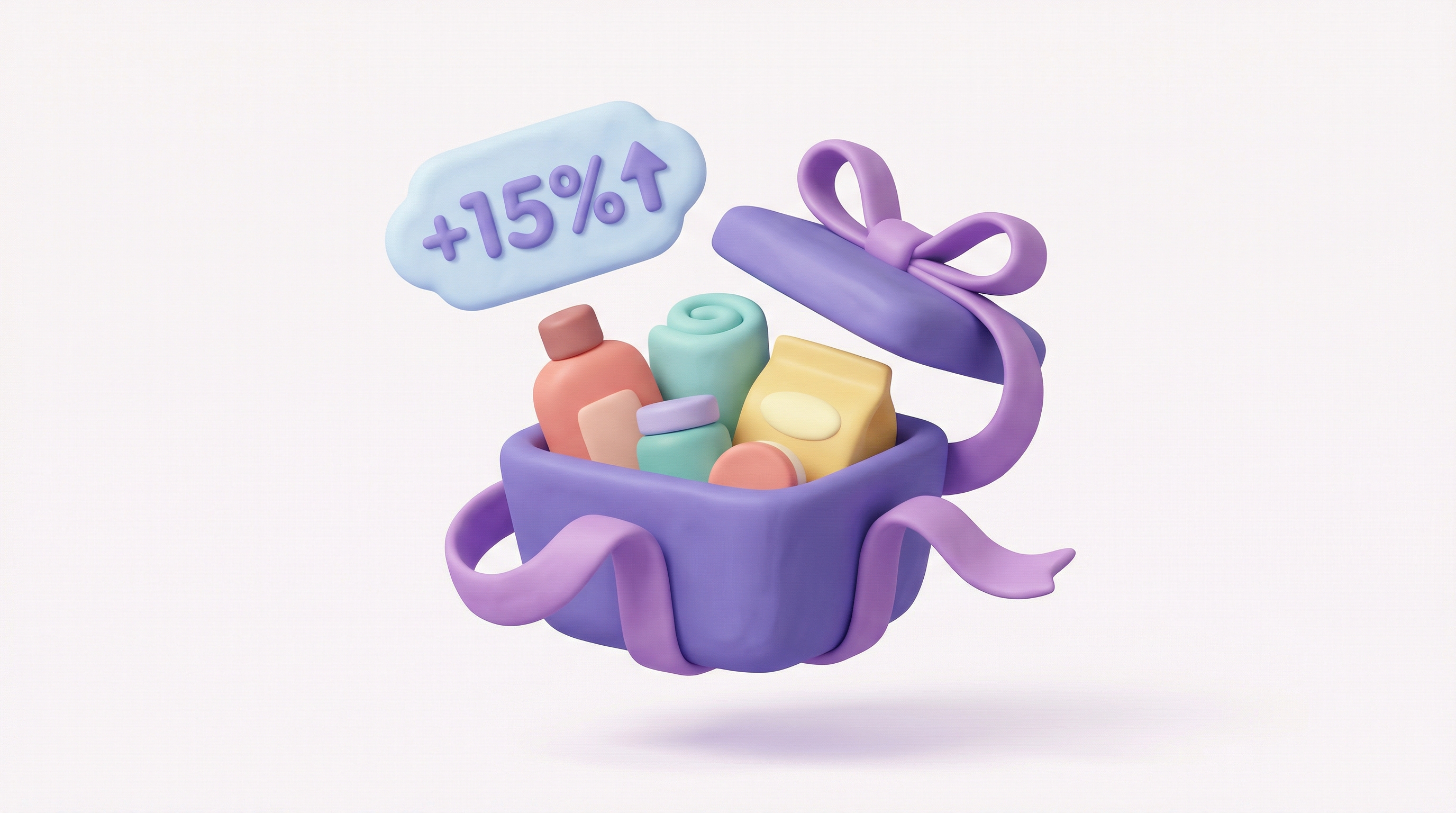It’s 11:00 AM on a Sunday. Your phone is vibrating off the table.
In Unit 4B, the cleaners haven’t shown up because the text you sent last night got buried in a group chat. In the downtown loft, a guest just checked in to find the dishwasher full of dirty plates. Meanwhile, your maintenance guy is driving to the wrong property because he’s working off a spreadsheet from three days ago.
If you manage between 20 and 150 units, this "chaos of coordination" isn't just a bad day—it’s likely your operating baseline. You are trapped in the reactive loop of the property management industry: putting out fires instead of growing your portfolio.
As we move into 2025, the margin for operational error is vanishing. With guest expectations for hygiene at an all-time high and labor costs continuing to climb, the manual methods that got you to 20 units—spreadsheets, WhatsApp groups, and disjointed apps—are exactly what will stop you from reaching 150.
Here is the hidden cost of manual turnovers, and how successful operators are using vacation rental turnover automation to reclaim their time and sanity.
The Real Cost of "The Spreadsheets System"
Many Operations Directors believe they are saving money by avoiding specialized software, relying instead on free tools like Excel or Google Sheets. However, this calculation ignores the most expensive resource in your business: your attention.
When you analyze the workflow of a manual turnover process, the hidden costs become staggering:
- The Coordination Tax: Managing a fleet of cleaners via text message can consume 10 to 15 hours a week. That is a quarter of a full-time salary spent just telling people where to be.
- The "Blind Spot" Risk: Without real-time software, you don’t actually know if a unit is ready. You are relying on trust. Every time you check in a guest without visual confirmation that the unit is clean, you are gambling your reputation on a verbal "thumbs up."
- Quality Control Failures: In 2024, data consistently showed that cleanliness was the number one driver of negative reviews. A single finding of hair in a sink or a broken appliance doesn't just cause a refund; it degrades your listing's algorithm ranking, costing you future bookings.
2025 Operations: Why Automation is No Longer Optional
The property management landscape has shifted. The "Mom and Pop" vibe is charming in marketing but fatal in operations. Guests in 2025 expect the reliability of a Marriott with the character of an Airbnb.
To meet this standard at scale, you cannot rely on human memory to trigger tasks. You need a system that functions as a central nervous system for your properties—one that doesn't sleep, doesn't forget, and doesn't send maintenance to the wrong address.
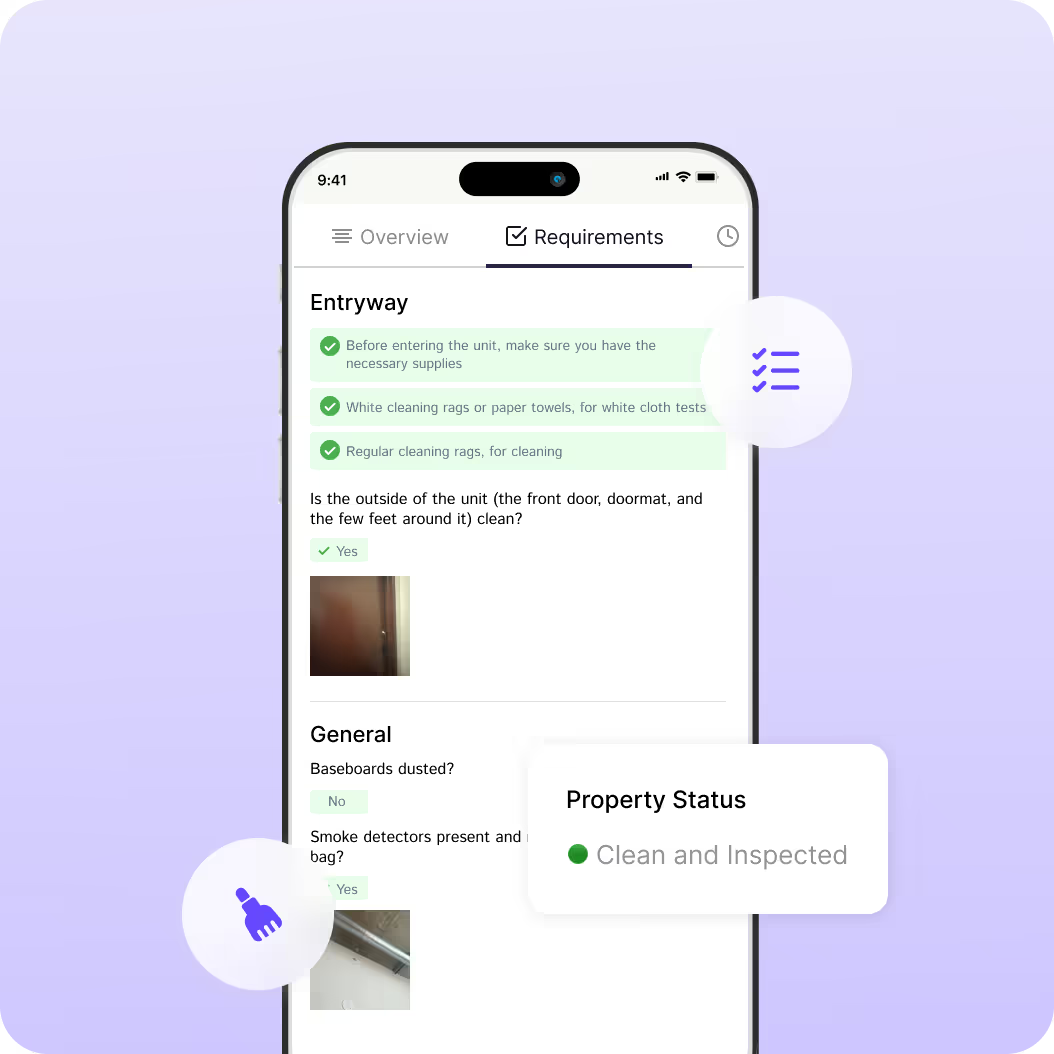
1. Automate Cleaning Scheduling
The first step to operational efficiency for property managers is killing the "Sunday Night Texting Ritual."
Modern short-term rental housekeeping software integrates directly with your Property Management System (PMS). When a booking is modified or a checkout is confirmed, the cleaning task should be created automatically. If a guest extends their stay, the cleaning schedule should update instantly without you lifting a finger.
This is where SuiteKeeper (part of the SuiteOp ecosystem) transforms operations. It pulls reservation data straight from your PMS and auto-assigns tasks to your cleaning staff's mobile app. No texts, no confusion, no "I thought you said Tuesday."
2. Enforce Visual Quality Control
How do you ensure quality across 50 properties scattered across a city? You can’t drive to every single one.
Manual checklists on paper are obsolete because they lack accountability. A cleaner can tick "Cleaned Fridge" without opening it. Automation changes this dynamic by requiring photo verification.
With SuiteKeeper, you can require staff to upload photos of specific high-risk areas (e.g., inside the oven, under the bed, the staged towels) before they can mark a job as complete. You get a real-time feed of your portfolio's condition, giving you eyes on the ground without leaving your desk.
From Broken Toasters to Proactive Maintenance
One of the biggest bottlenecks in scaling is property maintenance tracking. In a manual system, maintenance is often a game of telephone: a cleaner notices a running toilet, tells a manager, who writes it on a sticky note, which gets lost.
The result? The next guest discovers the running toilet. Now you have an emergency maintenance call (at double the cost) and an angry guest.
The Automated Workflow
In an automated environment, the cleaner doesn't just "mention" the issue. They log a maintenance ticket directly in the app while they are onsite. This ticket can:
- Auto-assign to a handyman.
- Block the calendar if the repair is critical.
- Track the cost of the repair against the owner's statement.
This shifts your maintenance strategy from reactive (waiting for complaints) to proactive (fixing issues during turnover). SuiteOp integrates this logic deeply, ensuring that maintenance isn't a side conversation—it's a tracked, accountable workflow.
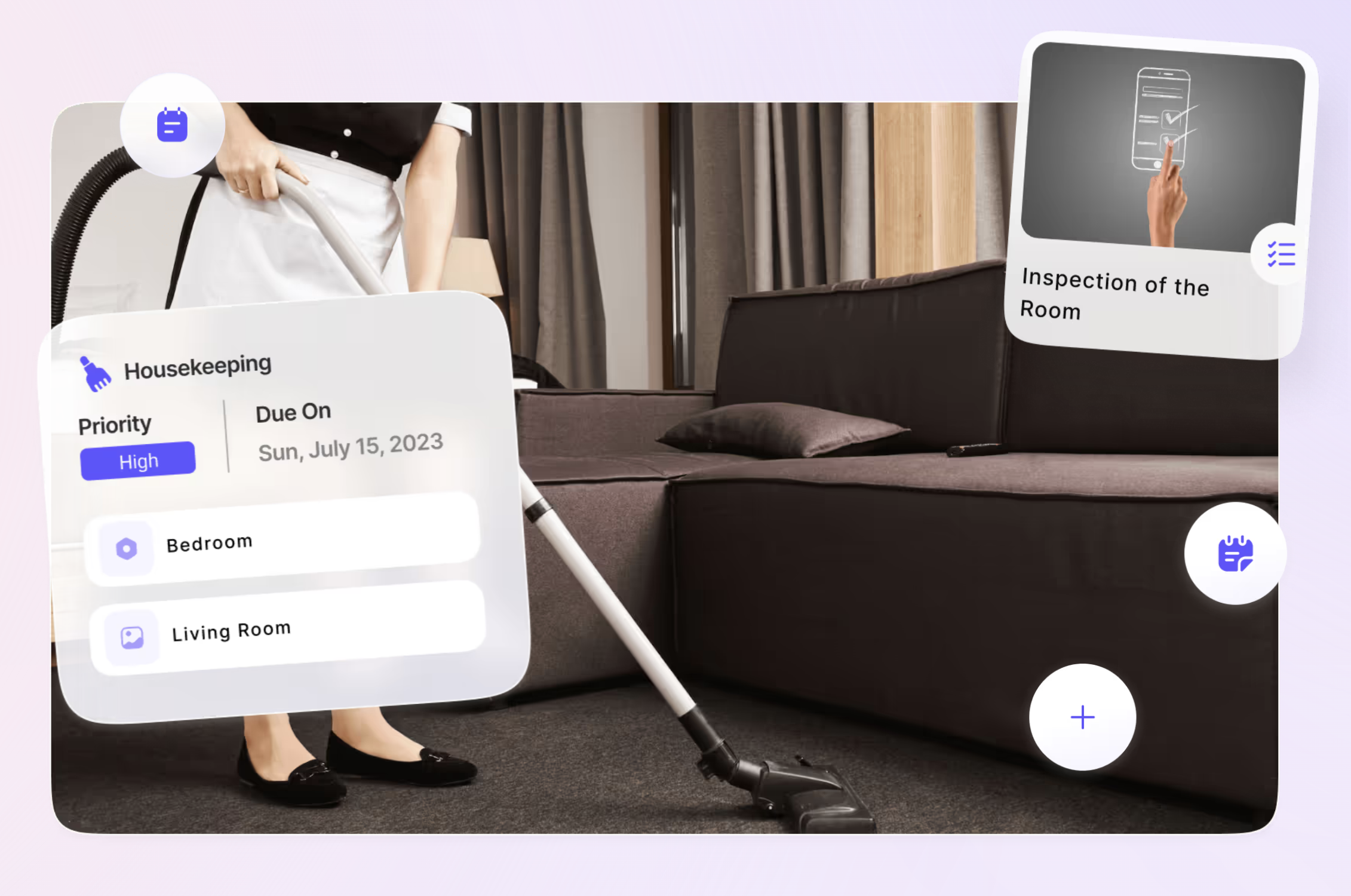
The SuiteOp Angle: A Central Nervous System for Ops
If you are managing 20+ units, you don't need another app that just does one thing. You need a unified operating system.
SuiteOp positions itself not just as a tool, but as the operational backbone of your business. Through SuiteKeeper, we solve the three critical pillars of turnover management:
- Smart Scheduling: Our deep integration with major PMS platforms ensures that your housekeeping calendar is always in sync with your booking calendar.
- Granular Quality Control: Customizable digital checklists with mandatory photo uploads ensure that "clean" means exactly what you say it means.
- Integrated Maintenance: Cleaners can flag maintenance issues instantly, preventing small repairs from becoming bad reviews.
Conclusion: Reclaiming Your Time
The difference between a stressed property manager capped at 40 units and a thriving business scaling to 150 isn't working harder—it's building better systems.
Manual turnovers are a hidden tax on your growth. They bleed time, obscure visibility, and introduce human error where there should be precision. By adopting vacation rental turnover automation in 2025, you aren't just cleaning houses faster; you are building an infrastructure that allows you to scale.
Stop managing by text message. Let the software handle the schedule, so you can handle the growth.


